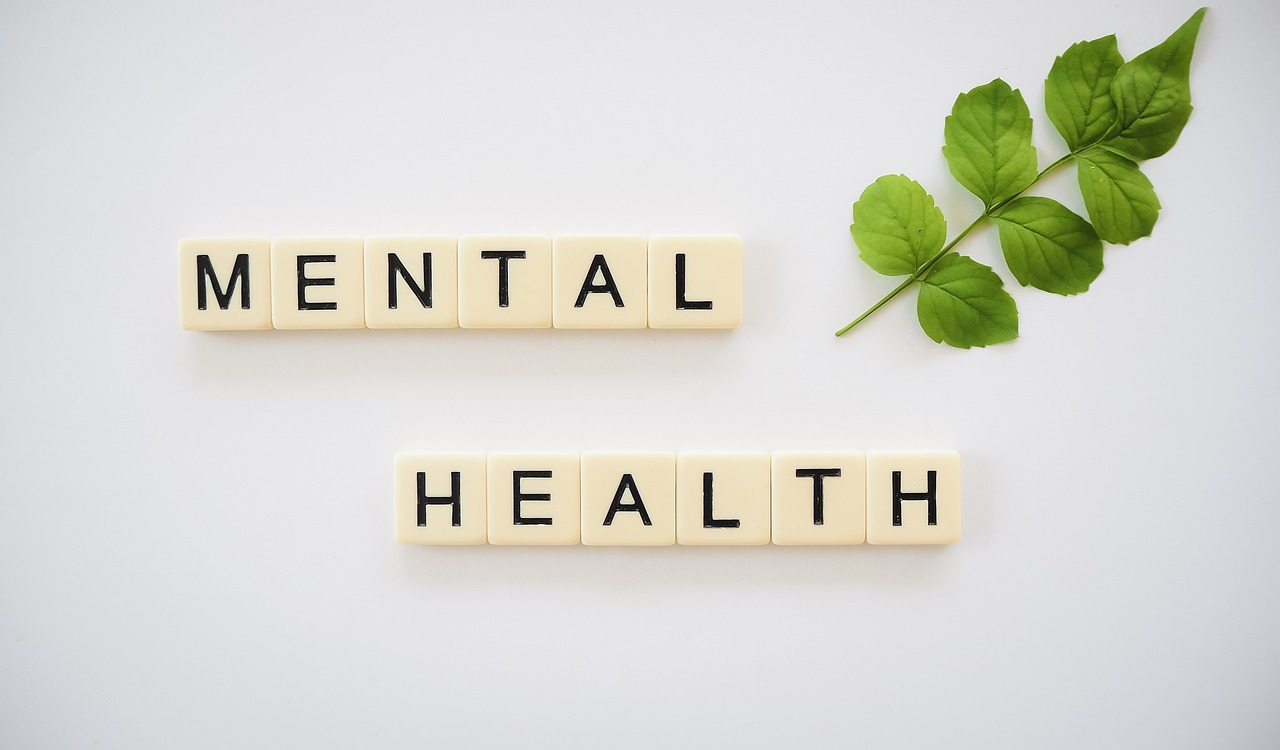How to Improve Mental Health: Tips & Strategies

Introduction
Mental health is just as important as physical health, yet it is often overlooked. In today’s fast-paced world, stress, anxiety, and depression have become increasingly common. Prioritizing mental well-being can improve overall quality of life, boost productivity, and strengthen relationships. Whether you’re dealing with daily stressors or facing more significant challenges, adopting the right strategies can help you improve mental health and build resilience. In this guide, we will explore effective techniques to enhance mental well-being, including self-care practices, lifestyle changes, and professional support options.

Understanding Mental Health
Mental health includes our emotions, thoughts, and how we handle stress. When we take care of our mental well-being, we feel happier and more balanced. But sometimes, life gets tough, and we may feel stressed or sad. Understanding mental health can help us take the right steps to feel better.
Signs of Poor Mental Health
- Feeling sad or worried a lot
- Having trouble focusing on tasks
- Feeling angry or irritated often
- Not wanting to be around people
- Sleeping too much or too little
- Eating too much or not enough
Recognizing these signs early can help us find ways to improve our mental health.
Simple Tips to Improve Mental Health
1. Take Care of Yourself
Self-care means doing things that make you feel good inside and out. Taking time for yourself can make a big difference.
- Do things that make you happy, like reading, drawing, or listening to music.
- Set aside time to rest and relax.
- Learn to say no to things that stress you out.
2. Eat Well & Stay Active
What we eat and how we move affect our mood and energy levels.
- Exercise: Moving your body helps release “happy hormones” that make you feel better.
- Healthy Food: Eating fruits, vegetables, and proteins helps keep your mind sharp.
- Sleep: Aim for 7-9 hours of sleep every night.
3. Practice Deep Breathing & Mindfulness
Mindfulness means focusing on the present moment and not worrying too much about the past or future.
- Take deep breaths when you feel stressed.
- Try meditation for 5-10 minutes a day.
- Use mindfulness to enjoy small things, like a warm cup of tea or a sunset.
4. Stay Connected with Friends & Family
Having people to talk to can make tough times easier.
- Spend time with loved ones.
- Call or text a friend when you feel down.
- Join a group or club to meet new people.
5. Manage Stress in Healthy Ways
Stress is a part of life, but learning to handle it well can keep you feeling your best.
- Identify things that stress you out and try to change them.
- Write in a journal to release emotions.
- Do relaxing activities like coloring, stretching, or listening to calming music.
6. Set Small Goals & Think Positively
Having small, achievable goals can make you feel more confident.
- Break big tasks into small steps.
- Celebrate little achievements.
- Practice gratitude by thinking of things you’re thankful for every day.
7. Ask for Help When You Need It
It’s okay to ask for help. Talking to someone can make you feel less alone.
- Consider talking to a counselor or therapist.
- Join a support group.
- Remember, asking for help is a sign of strength, not weakness.
Best Mental Health Apps & Resources
1. Relaxation & Meditation Apps
- Headspace
- Calm
- Insight Timer
2. Online Therapy Platforms
- BetterHelp
- Talkspace
- 7 Cups
3. Mental Health Organizations
- National Alliance on Mental Illness (NAMI)
- Mental Health America (MHA)
- Crisis Text Line
FAQs About Mental Health
1. How can I improve my mental health naturally?
Exercise, eat well, practice mindfulness, and stay connected with loved ones.
2. What are simple ways to reduce stress?
Try deep breathing, listen to music, write in a journal, or do something creative.
3. When should I ask for help?
If you feel sad, worried, or stressed all the time and it affects your daily life, talk to a doctor or therapist.
4. Can what I eat affect my mood?
Yes! Eating healthy foods like fruits, veggies, and proteins helps your brain work better and improves your mood.
5. Why is sleep important for mental health?
Lack of sleep can make you feel moody, tired, and less focused. Getting enough sleep helps you feel refreshed.
Conclusion
Taking care of your mental health is important. Small changes like eating well, staying active, practicing mindfulness, and talking to loved ones can make a big difference. Remember, you are not alone, and help is always available. Start making your mental well-being a priority today!




